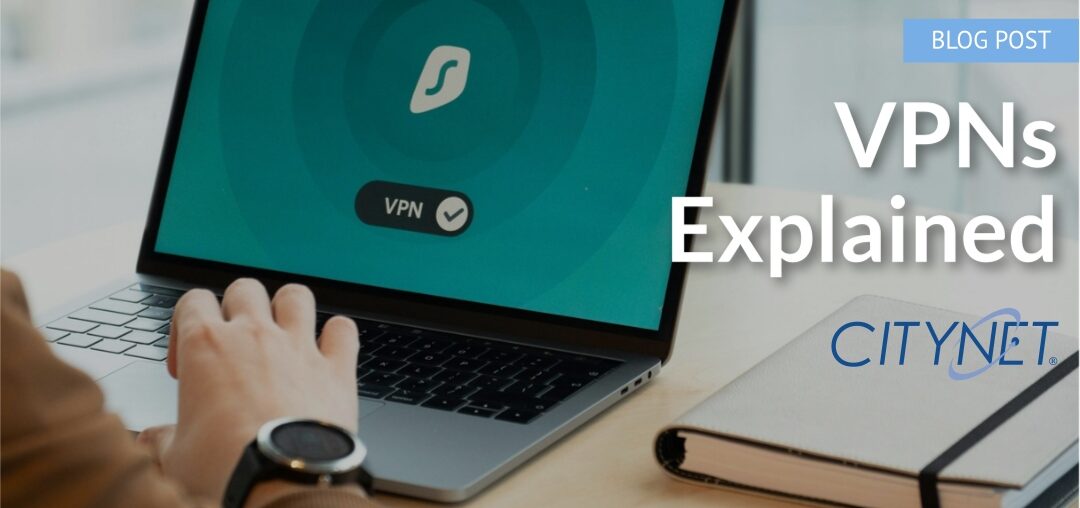Cybercriminals are getting craftier, and one of the latest tricks is designed to make you think help is just a call away. Unfortunately, it’s not the help you actually want.
Here’s how the scam works: You receive an unexpected call through Microsoft Teams, an app widely used for messaging, voice calls, and video meetings. The call looks like it’s from “IT SUPPORT” or “Help Desk”—sometimes even with a checkmark emoji to make it look more official.
The caller warns you that there’s an urgent problem with your computer that needs immediate attention. But in reality, it’s a cybercriminal on the other end.
What’s Really Going On
This scam takes advantage of a default Teams setting that allows people outside your organization to contact you. If you answer, the fraudster will pressure you to download software so they can “fix” the problem. But once installed, that software gives them control of your computer, allowing them to steal passwords, install malware, and even access your organization’s entire network.
How to Protect Yourself
If you or your team use Microsoft Teams, keep these tips in mind:
- Verify first. If someone calls claiming to be IT support, hang up and contact your IT department directly using official channels.
- Don’t download on demand. Never install software just because someone tells you to in a chat or an unexpected call.
- Guard your access. Never hand over screen-sharing or remote control permissions unless you’re 100% sure of who you’re dealing with.
- Watch for urgency tactics. Scammers often try to rush you into clicking or downloading—pause and think before you act.
Strengthen Your Team’s Cyber Awareness
Scams like this remind us that people, not just technology, are the first line of defense against cyber threats. The more your employees know how to spot tricks like these, the safer your business will be.
At Citynet, we take security seriously. That’s why we’ve partnered with KnowBe4, the leader in security awareness training. Through this partnership, we can help your organization train employees to recognize scams, avoid costly mistakes, and keep your network secure.



